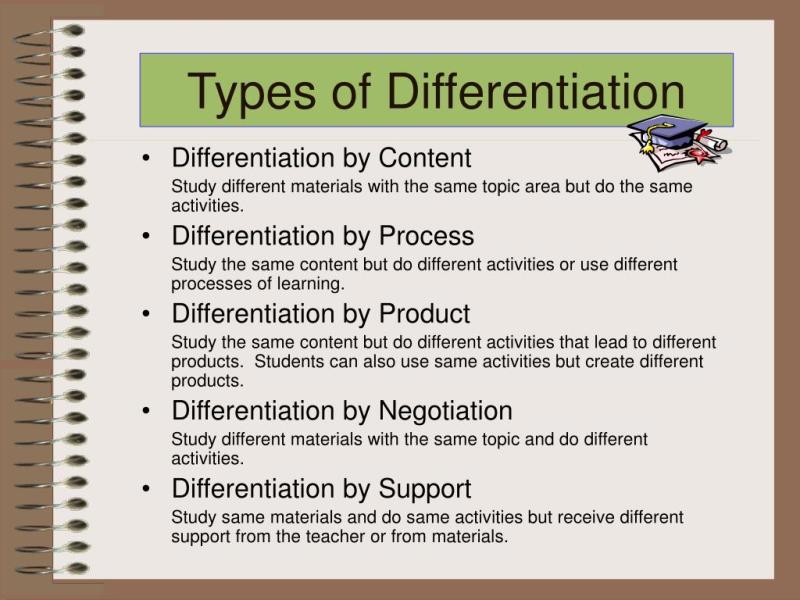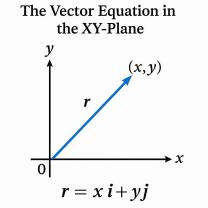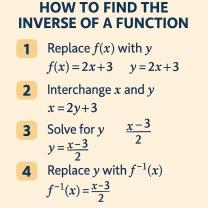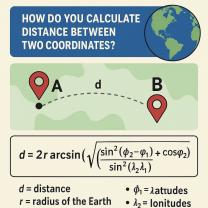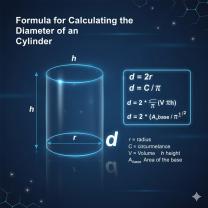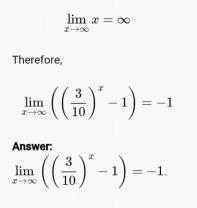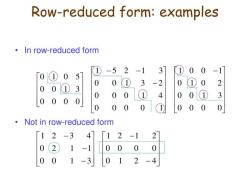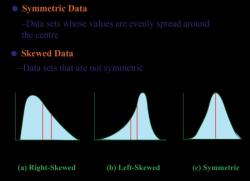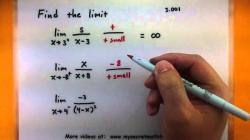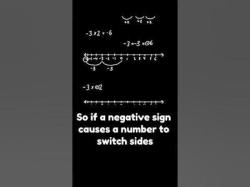What is the practical use of differentiation?
Differentiation, a fundamental concept in calculus, has numerous practical applications in various fields. Here are some of the practical uses of differentiation in mathematics and beyond:
Physics and Engineering:
- Motion Analysis: Differentiation is used to analyze the velocity and acceleration of objects in motion, helping engineers design safer and more efficient vehicles.
- Electricity and Magnetism: In electrical engineering, differentiation is used to calculate electric and magnetic fields, which are crucial in the design of electronic devices and power systems.
Economics and Finance:
- Optimization: Differentiation is used to find the maximum or minimum values of functions. In economics and finance, this is applied to maximize profits, minimize costs, and optimize investment portfolios.
- Marginal Analysis: The concept of marginal cost, marginal revenue, and marginal utility relies on differentiation to understand how small changes in input or output affect economic decisions.
Biology and Medicine:
- Population Modeling: Differential equations, which involve differentiation, are used to model population growth, disease spread, and drug dosages.
- Medical Imaging: Differentiation is used in image processing to enhance features in medical images and to detect anomalies.
Computer Science and Data Analysis:
- Machine Learning: Differentiation is the basis of many machine learning algorithms, including gradient descent, which optimizes model parameters.
- Data Smoothing: In data analysis, differentiation can be used for smoothing data or identifying trends and anomalies.
Environmental Science:
- Environmental Modeling: Differential equations are employed to model various environmental phenomena, such as the dispersion of pollutants in the atmosphere or the spread of diseases among species.
Astronomy:
- Celestial Mechanics: Differentiation is used in celestial mechanics to model the motion of planets, stars, and other celestial bodies in the universe.
Chemistry:
- Rate of Reactions: The rate of chemical reactions can be described using differentiation, helping chemists understand reaction kinetics and optimize reaction conditions.
Quality Control and Manufacturing:
- Process Control: Differentiation is used in quality control to monitor and control manufacturing processes, ensuring that products meet specific standards.
Telecommunications:
- Signal Processing: Differentiation is used in signal processing to filter and enhance signals, enabling clearer communication in technologies like telecommunications and audio processing.
Art and Graphics:
- Computer Graphics: In computer graphics, differentiation is used for rendering images, creating realistic animations, and modeling the behavior of light.
In summary, differentiation has a wide range of practical applications across various scientific, engineering, and mathematical disciplines. It helps us model and understand complex systems, optimize processes, make informed decisions, and solve real-world problems. It is a fundamental tool for making sense of the dynamic and ever-changing nature of the world around us.
The Practical Use of Differentiation: Real-World Applications
Differentiation is a fundamental concept in various fields, including business, marketing, and education. It involves creating a unique selling proposition (USP) or differentiating factor that sets a product, service, or individual apart from the competition. Effective differentiation can lead to several advantages, including:
Increased customer loyalty: Customers are more likely to remain loyal to brands that offer something unique and valuable, fostering repeat business and positive word-of-mouth marketing.
Higher profit margins: Differentiation can allow businesses to command premium pricing for their products or services, as customers are willing to pay more for something they perceive as superior.
Competitive advantage: Differentiation can create a strong barrier to entry for new competitors, making it difficult for them to replicate the unique value proposition of a differentiated product or service.
Applying Differentiation in Business and Marketing
In the business and marketing realm, differentiation can be achieved through various strategies, such as:
Product differentiation: Focusing on unique features, designs, or performance aspects of a product to make it stand out from competitors.
Service differentiation: Providing exceptional customer service, personalized experiences, or value-added extras to differentiate the service offering.
Brand differentiation: Building a strong brand identity that conveys a unique personality, values, or emotional connection with consumers.
Pricing differentiation: Setting strategic prices that reflect the perceived value of the product or service, even if it means deviating from industry norms.
Distribution differentiation: Utilizing innovative distribution channels or targeting specific niche markets to reach customers in a differentiated manner.
Strategies for Practical Differentiation in Various Industries
The specific differentiation strategies employed vary depending on the industry and target market. Here are some examples of practical differentiation in action:
Technology industry: Apple differentiates its products through sleek design, user-friendly interface, and seamless integration within its ecosystem.
Fashion industry: Luxury brands like Gucci and Chanel differentiate themselves through high-quality materials, exquisite craftsmanship, and exclusive designs.
Restaurant industry: Fine dining establishments differentiate themselves through personalized service, unique culinary creations, and an upscale ambiance.
Retail industry: Amazon differentiates itself through its vast product selection, efficient delivery system, and customer-centric approach.
Entertainment industry: Disney differentiates itself through its family-friendly content, immersive theme parks, and iconic characters.
By carefully considering their target audience, market trends, and competitive landscape, businesses can identify opportunities to differentiate themselves effectively and gain a competitive edge in their respective industries.
